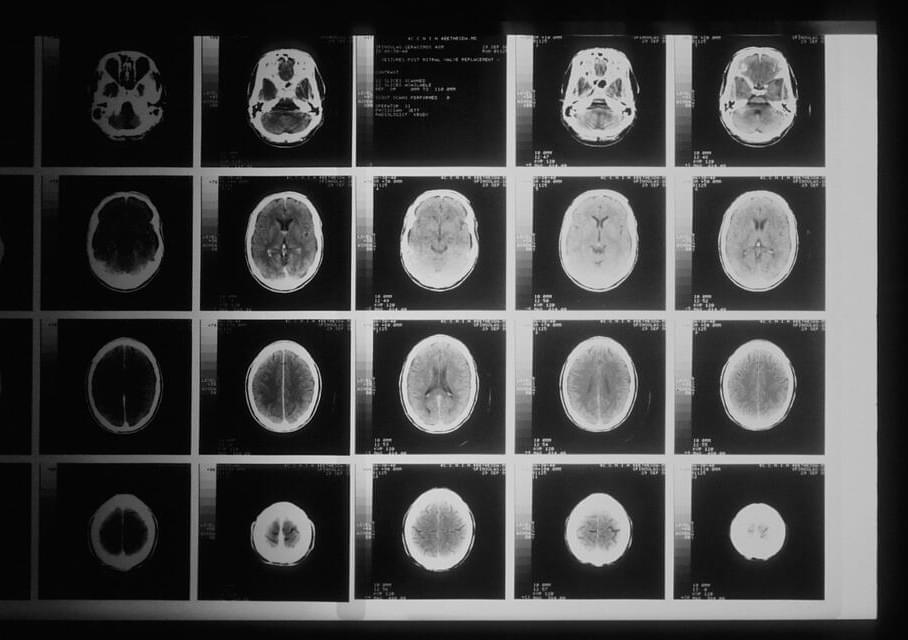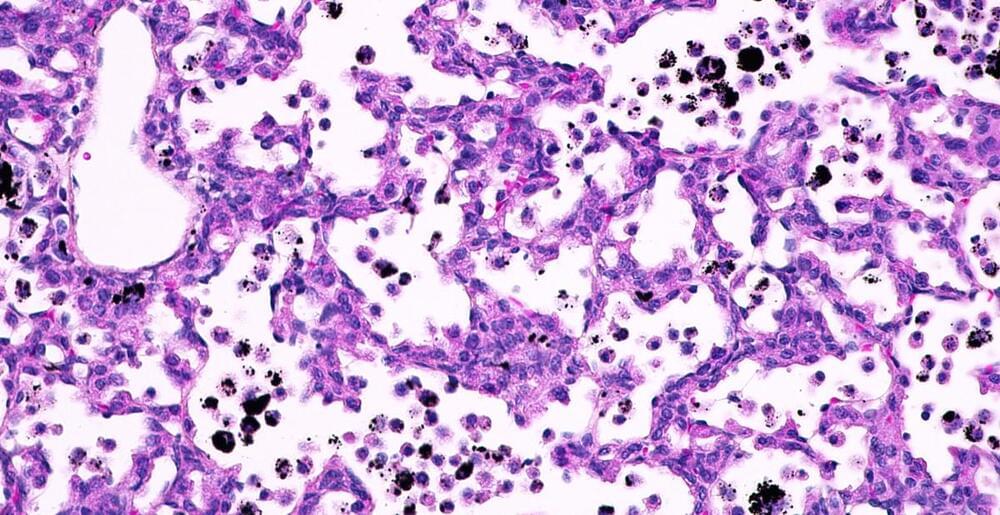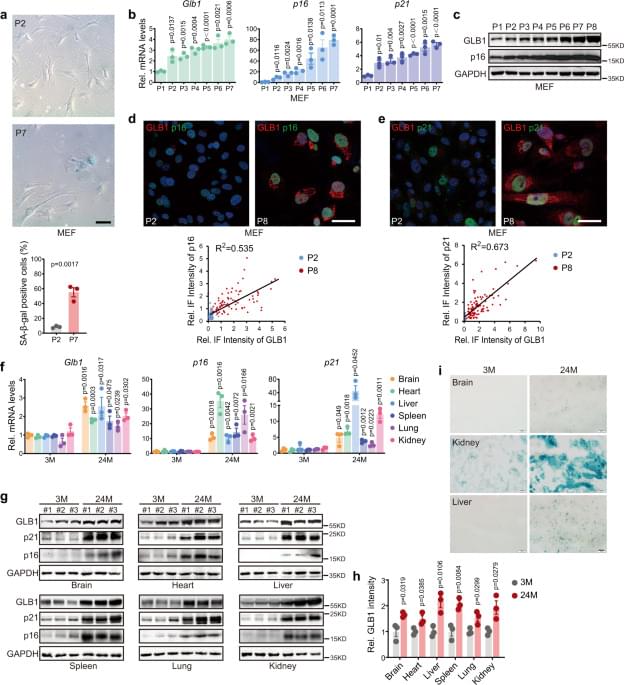Patrick Burgermeister of KIZOO Technology Ventures presents at Investing in the Age of Longevity 2022. In his talk, Patrick gives an overview of KIZOO Technology Ventures’ investment strategy, with a particular focus on misson-driven investments in early stage companies that open new categories of treatment. Patrick showcases six biotech startups that form part of the company’s key investments: Cellvie, Revel, Cyclarity, LIfT BioSciences, Elastrin, and Mogling Bio.
Download the presentation slides: https://bit.ly/IAL22-Patrick-Burgermeister.
Investing in the Age of Longevity 2022 was held in London on 17 November 2022. The one-day masterclass featured presentations from scientists and business leaders at the cutting edge of the field, giving participants the inside track on the latest aging-related discoveries and investment opportunities.
Download the event programme: https://www.masterinvestor.co.uk/IAL22
Find out more about past and upcoming Master Investor events: https://events.masterinvestor.co.uk





